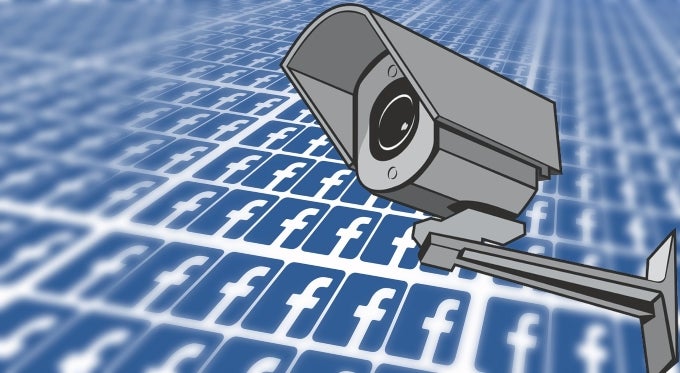Your WhatsApp messages can easily be spied on, and Facebook made sure to keep it that way

UPDATE: WhatsApp reached to us with a statement on the matter. Here's the full print:
The Guardian posted a story this morning claiming that an intentional design decision in WhatsApp that prevents people from losing millions of messages is a “backdoor” allowing governments to force WhatsApp to decrypt message streams. This claim is false.
WhatsApp does not give governments a “backdoor” into its systems and would fight any government request to create a backdoor. The design decision referenced in the Guardian story prevents millions of messages from being lost, and WhatsApp offers people security notifications to alert them to potential security risks. WhatsApp published a technical white paper on its encryption design, and has been transparent about the government requests it receives, publishing data about those requests in the Facebook Government Requests Report.
WhatsApp does not give governments a “backdoor” into its systems and would fight any government request to create a backdoor. The design decision referenced in the Guardian story prevents millions of messages from being lost, and WhatsApp offers people security notifications to alert them to potential security risks. WhatsApp published a technical white paper on its encryption design, and has been transparent about the government requests it receives, publishing data about those requests in the Facebook Government Requests Report.
Facebook repeatedly claimed that no one can spy on WhatsApp messages, not even its own staff. These claims came after the company was in the hot seat, due to its acquisition of the IM service and its questionable change to WhatsApp's privacy policy. However, a security backdoor has been discovered in the WhatsApp service that allows Facebook and third-party hackers to intercept and read said encrypted messages.

Tobias Boelter found the WhatsApp backdoor.
Boelter's finding were confirmed by Steffen Tor Jensen, head of information security and digital counter-surveillance at the European-Bahraini Organisation for Human Rights. He said for The Guardian:
WhatsApp can effectively continue flipping the security keys when devices are offine and re-sending the message, without letting users know of the change till after it has been made, providing an extremely insecure platform.
But what we've said so far, you could assume that this exploit could be used to spy only on single messages, and not entire conversations. However, Boelter thinks otherwise. “This is not true if you consider that the WhatsApp server can just forward messages without sending the 'message was received by recipient' notification (or the double tick), which users might not notice,” he said. “Using the retransmission vulnerability, the WhatsApp server can then later get a transcript of the whole conversation, not just a single message.”
"A gold mine for security agencies"
Other cyber-security experts also commented the issue for The Guaridan. Professor Kirstie Ball, co-director and founder of the Centre for Research into Information, Surveillance and Privacy, called the backdoor “a gold mine for security agencies” and “a huge betrayal of user trust.” She believes that users should be concerned about it, and said: “Consumers will say, I've got nothing to hide, but you don't know what information is looked for and what connections are being made.”
Jim Killock, executive director of Open Rights Group, said: “If companies claim to offer end-to-end encryption, they should come clean if it is found to be compromised – whether through deliberately installed backdoors or security flaws. In the UK, the Investigatory Powers Act means that the technical capability notices could be used to compel companies to introduce flaws – which could leave people's data vulnerable.”
Over 1 billion people use WhatsApp today because it is simple, fast, reliable and secure. At WhatsApp, we've always believed that people's conversations should be secure and private. Last year, we gave all our users a better level of security by making every message, photo, video, file and call end-to-end encrypted by default. As we introduce features like end-to-end encryption, we focus on keeping the product simple and take into consideration how it's used ever day around the world.
In WhatsApp's implementation of the Signal protocol, we have a “Show Security Notifications” setting (option under Settings > Account > Security) that notifies you when a contact's security code has changed. We know the most common reasons this happens are because someone has switched phones or reinstalled WhatsApp. This is because in many parts of the world, people frequently change devices and Sim cards. In these situations, we want to make sure people's messages are delivered, not lost in transit.
The whole Facebook/WhatsApp privacy saga started in 2014, when Facebook acquired the messaging service, but Zuck and company have been on watchdog radars a while before that. We don't doubt that the existence of this backdoor will certainly add some more fuel to the fire.
source: The Guardian
Follow us on Google News












Things that are NOT allowed:
To help keep our community safe and free from spam, we apply temporary limits to newly created accounts: